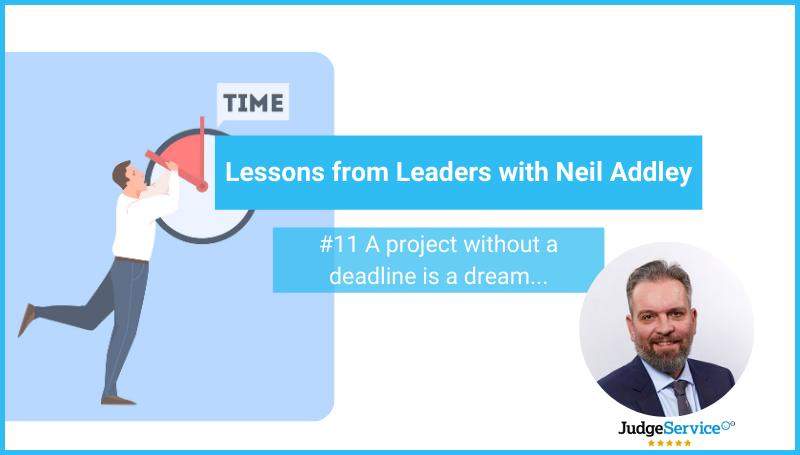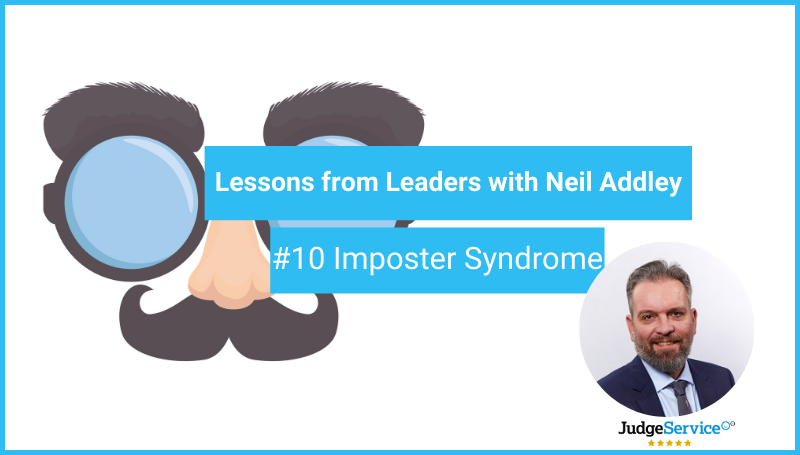What does it take to have a great work ethic?
It’s often been said that the only place success comes before work is in the dictionary.
I am a great believer in working hard to achieve your goals.
That said, I also agree with Shawn Achor’s view: “We have a confusing relationship with work and success” from his book The Happiness Advantage.
He says we have the whole concept backwards. We preach to our children that we should work hard to be successful and that will create happiness.
Whereas I do believe in his alternate theory that if you work in a happy environment, you will feel successful and therefore want to work hard.
(For more about working in a happy environment, read our earlier blog about Heliotropic Environments).
As an employer, I believe that if you create an environment where people feel like they want to be successful then hard work will follow. Rather that than a Victorian workhouse environment.
But I still think a strong work ethic is important for people to achieve their goals and be motivated to stay on track.
People with a strong work ethic have an element of self-respect which radiates from within them and generates respect from other people around them too.
Work ethic has historically been referred to as the “Protestant work ethic” which was a concept which links a person’s ability to work hard with their faith, specifically Calvinism. However, work ethic is an integral part of almost all religions and is mirrored in many cultures across our world. Of course, it is also reflected in atheist cultures too.
Traits for a great work ethic
I think there are two main traits that identify a strong work ethic within a person: reliability and goal-focused.
These can be broken down into other desired traits:
- Conscientious – Someone who is less likely to be distracted by things around them whilst they are working.
- Positive – Someone who embraces positivity will uplift others around them and looks for the silver linings.
- Productive – They deliver a higher and faster output of work and know how to use their time wisely.
- Disciplined – They are committed and determined to learn how to improve themselves.
- Can prioritise – They are able to work out what is important without having it explained to them. If they aren’t sure, they will be proactive in asking others for help.
- Will do, not try – Someone who says they will “try” to get something done already knows that they probably won’t. Those that say they “will” get something done, will.
- Self-rewarding – Those that self-reward often have a great work ethic because they will reward themselves with small breaks, treats, or the satisfactory feeling of a job well done.
- A team player – A person who knows how to work well collaboratively to get the job done quicker.
Key indicators of someone with a strong worth ethic are a high degree of integrity and professionalism. They won’t cut corners unless it improves their work, and they won’t cheat or slack.
They will also be professional in the way they present themselves; this doesn’t mean they must be suit and tie every working minute, however they will make the effort to be neat and tidy.
How can you tell?
So, when you're looking to recruit, how can you tell in a relatively short period of time that someone has the traits you need to be a great member of the team?
We use the best practice of an initial phone interview followed by requesting them to complete a task for their second interview if they seem like a potential candidate from their application and phone interview.
This process provides an element of self-selection as if someone can’t be bothered to do the task that automatically removes them from the process.
During the interview, it’s always a good idea to ask them what projects they have been a part of and achieved. This provides you with an idea about their teamwork skills, their pride in their work and their ability to work hard to get something done.
As a candidate, a "brag bag" - evidence of their achievements, is a real winner.
Next, you need to think to yourself, is this someone you would be proud to have as a company ambassador? If they had to represent the company, would they fit the bill?
Other important factors to consider are their promptness, willingness to learn and ability to adapt to different situations.
Ultimately, you must remember that those that have the strongest work ethic will be the most valuable in your team and your business.
Enjoyed this blog post? Check out others from the "Lessons from Leaders" series below! Don't forget to subscribe to the JudgeService blog to be updated first on new content and have exclusive access to new features in the future!







